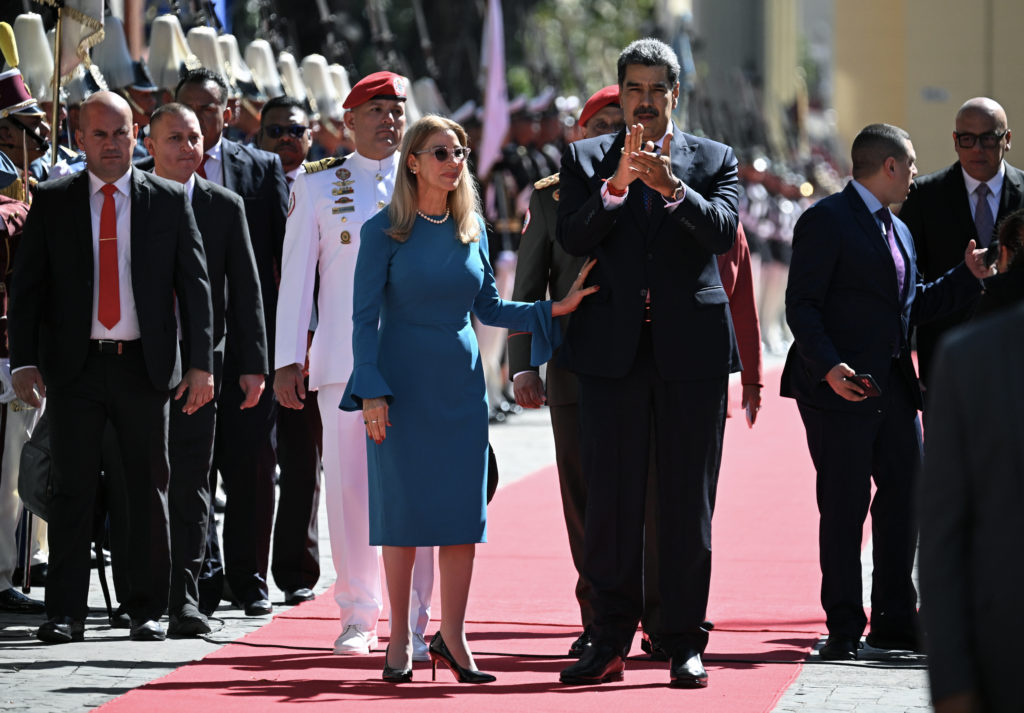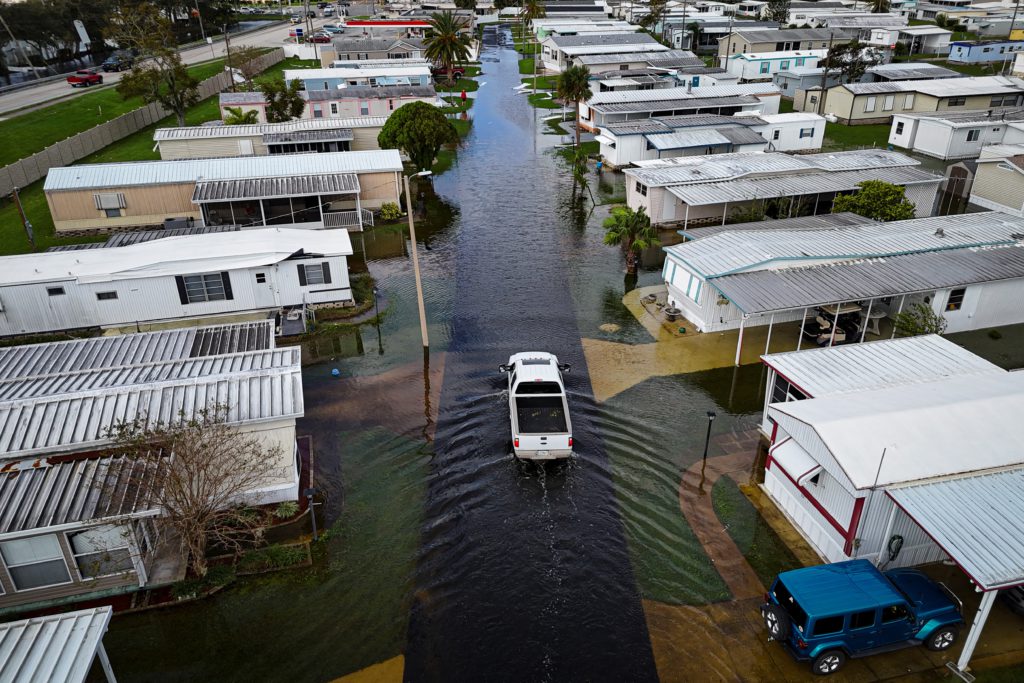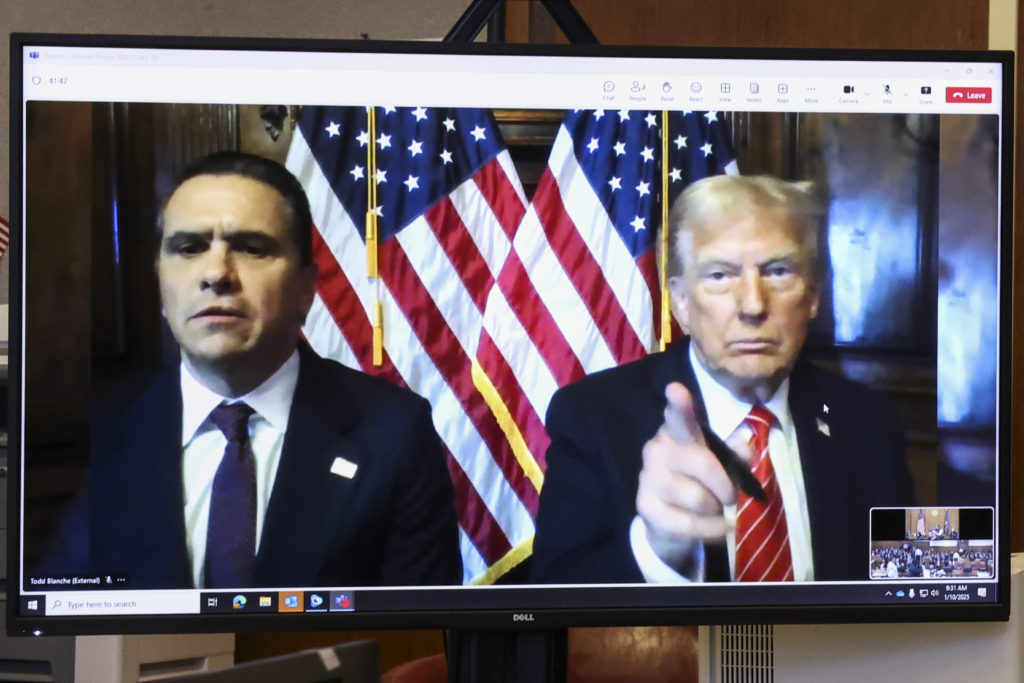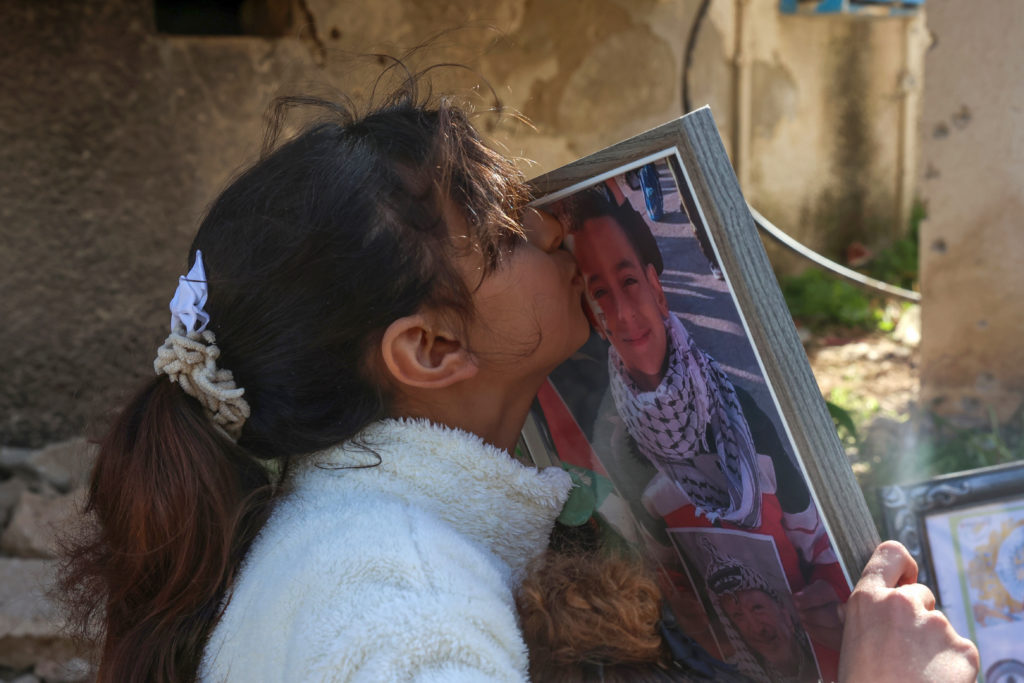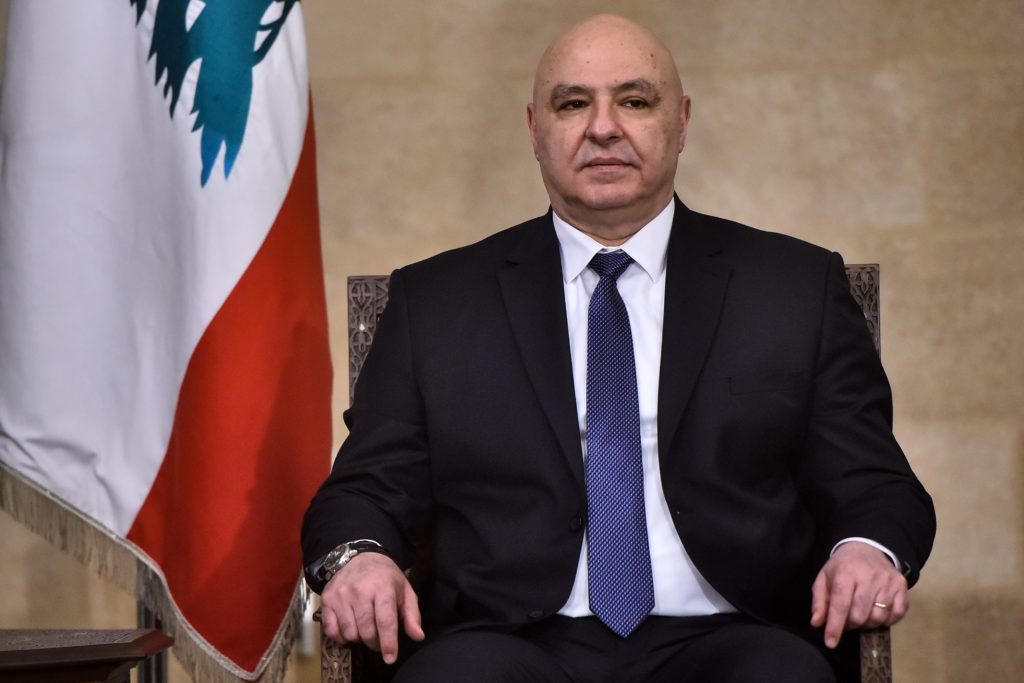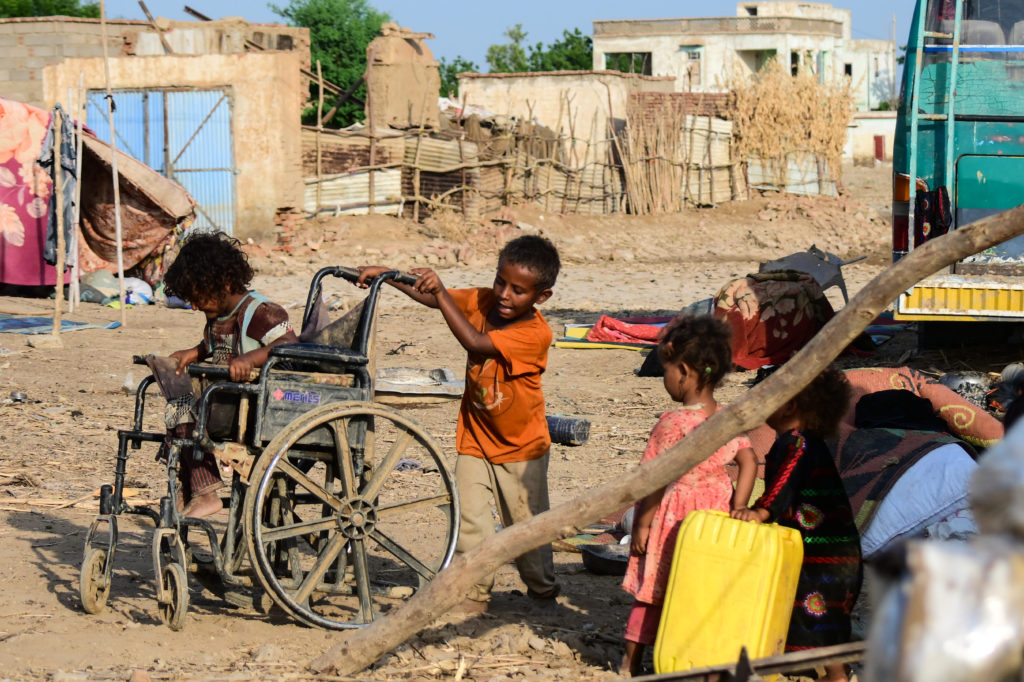The new military judge presiding over the September 11 attacks trial in Guantanamo Bay said Wednesday he would not force it toward an end — but that he wanted to see “action” after nine years of hearings.
Air Force Colonel Matthew McCall told the military commissions court at the US navy base in Cuba, that he would not stop lawyers defending 9/11 “architect” Khalid Sheikh Mohammed and four others from making their case that the men were denied due process because they were tortured by the CIA.
Speaking just three days before the 20th anniversary of the Al-Qaeda attacks, he said he wanted to get moving through the long-running pretrial phase that has already gone through seven judges.
“This case has been going on a really long time,” he told the attorneys, defendants, and family members of the 9/11 victims at the courtroom.
“I feel no pressure to get this case to trial,” he said, amid defense concerns of political interference.
Nevertheless, he said, “I would like to see action,” to move things ahead.
The second day of hearings after an 18-month break due to the Covid-19 pandemic focused on a review of the judge’s own potential biases.
Gary Sowards, one of Mohammed’s attorneys, pressed McCall on his personal reaction to the September 11, 2001 attacks, his experience reviewing detainees in Iraq, and his view of the issues surrounding the high-security trial of the five.
“This is a political trial,” said Sowards, saying the government has used its power to mask the CIA’s torture of the five men at secret “black sites” before they arrived at Guantanamo in 2006.
“The effects of torture are always in the room,” he said.
“Their big trump card is national security and state secrets,” he said of the military prosecutors.
Mohammed and alleged co-conspirators Ammar al-Baluchi, Walid bin Attash, Ramzi bin al-Shibh and Mustafa al-Hawsawi, who were all in the courtroom for the second day, are accused of terrorism and mass murder of 2,976 people in the attacks.
– ‘Valid option’ –
McCall insisted he was open-minded in the case, which could result in the death penalty for defendants if convicted.
He said as a military attorney he had worked in Iraq in the 2000s reviewing cases of detainees before they were placed into the Iraqi justice system.
Most were guilty of nothing serious and deserved release, he said.
But he said he was not responsible for some who the Iraqis put to death, and others who remained in detention despite no evidence against them.
He called the death penalty “a valid option” in the 9/11 case.
He added that, given the number of death row inmates who have been shown to be innocent in the United States, a sentence of execution demands a “higher standard” of proof.
McCall said the rest of the first week of the trial resumption will involve closed conferences with attorneys on both sides, and head into substantive issues next week.
The defense has readied scores of motions to obtain classified evidence supporting their arguments that the prosecution’s case is tainted by the lasting effects of torture.


